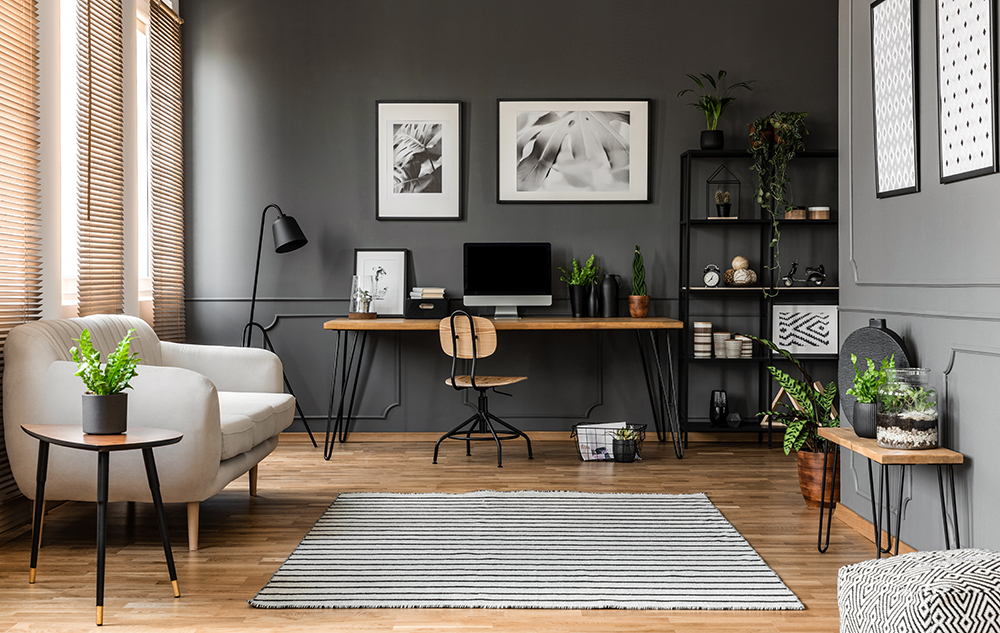An important side effect of the pandemic has been the tax deduction of the writer’s home office space. More than ever, it has become very important to calculate the writer’s home office deduction correctly. Not surprisingly, as entertainment accountants specializing in professional writers, we’ve been fielding many questions from our screenwriters and TV writer clients about this deduction for their tax accounting this year.
Questions such as:
- Can I write off my home office expenses?
- What home office expenses can be deducted?
- Does my home office need to be a separate room?
- Can you help calculate my writer’s office space for my tax accounting?
There is good news! Whether you are a writer with a Loan Out S-Corporation or a writer paid through 1099 and work from home, you will be able to take advantage of the home office deduction in 2020.
Be proactive with your tax planning by working with your friends here at Writer’s Room CPA. We specialize in entertainment accounting and deeply enjoy helping you keep more of your hard-earned dollars in your pocket through financial bookkeeping, record keeping and detailed accounting.
So let’s get down to it. For a long time, it was believed that home office deduction was an audit red flag. How times have changed. The pandemic of 2020 forced most of us to work remotely from our home offices and the IRS will have a hard time arguing against the home office expenses since the majority of Americans found themselves working from home for the most part of 2020.
FIRST
Begin with measuring your writer’s space. The IRS is very specific that your writing space must be used exclusively, regularly and must be a principal place for your business. Places like dining room tables or outside patios will not pass the IRS exclusivity test. However, a desk located in the corner of your living room, a space that you exclusively and regularly use for writing will qualify as a Home Office Deduction because according to the IRS, your home office does not need to be a separate room. Your writing home office just needs to be a separately identifiable space to qualify for a home office deduction. As your tax accountant, we will help you determine the correct square footage of your writer’s office.
SECOND
Gather all your bills for the year: utilities, security alarm, mortgage interest, rent if it applies, homeowner’s insurance, cleaning, homeowner’s association fees, property taxes, repairs and maintenance. As your accountant, we’ll help you calculate the correct home office deduction by determining the ratio of annual household expenses to the percentage of the square footage of your writer’s home office.
Finally.
Connect with the professional tax planners at Writer’s Room CPA to help plan, prepare, and maximize your home office deduction in current and future tax years.
Your tax preparations are like a first draft of a novel … a little rough. Like a great editor, an experienced tax accountant can help you write a best seller … at least one the IRS will love!








